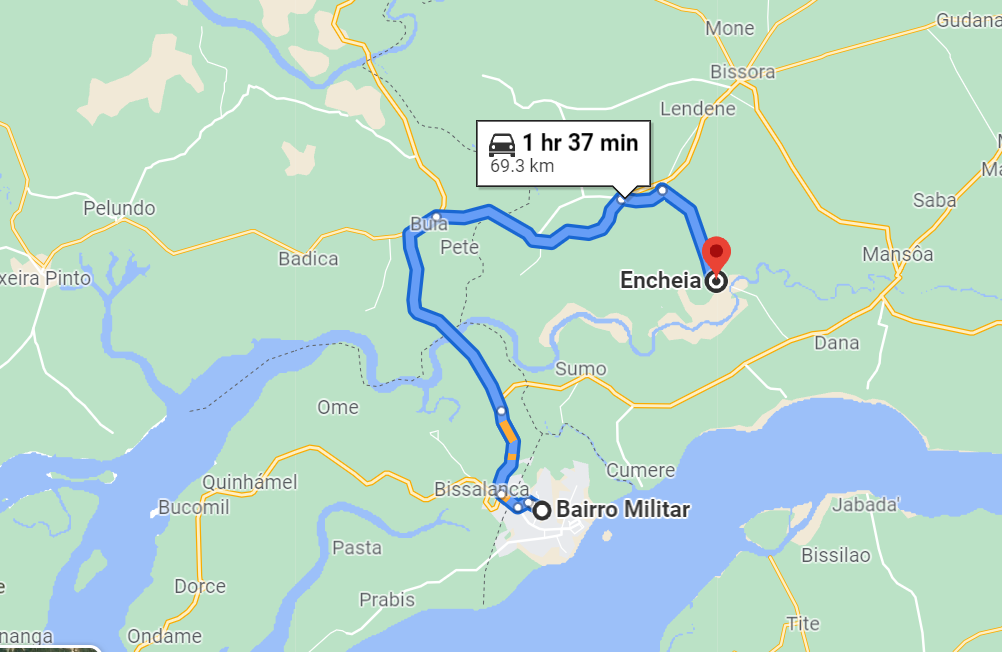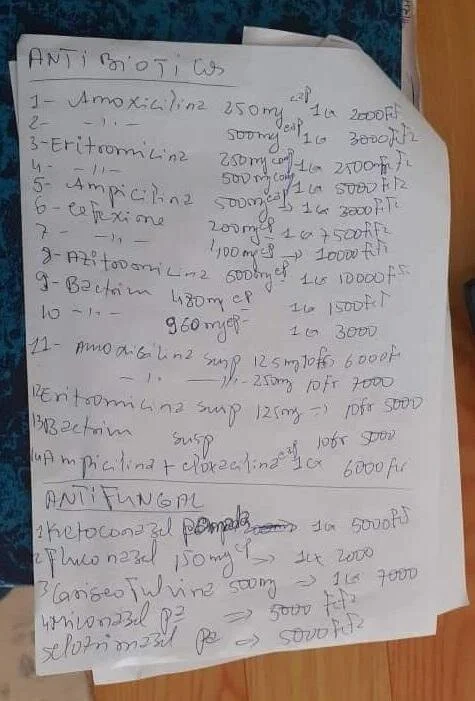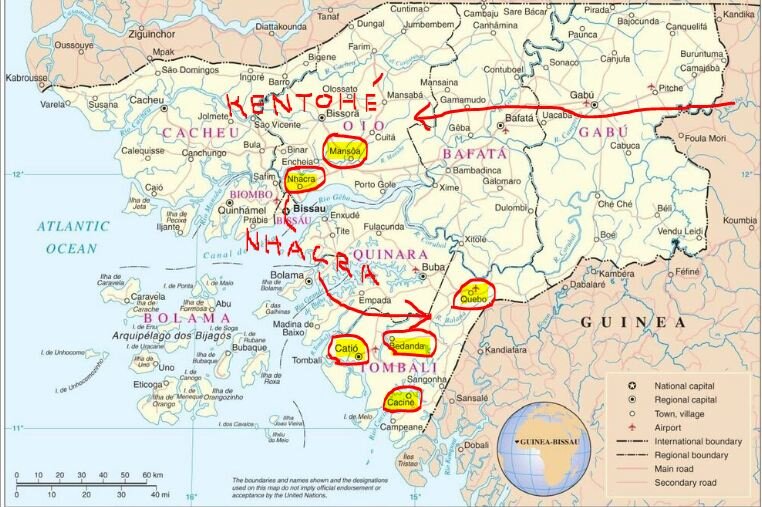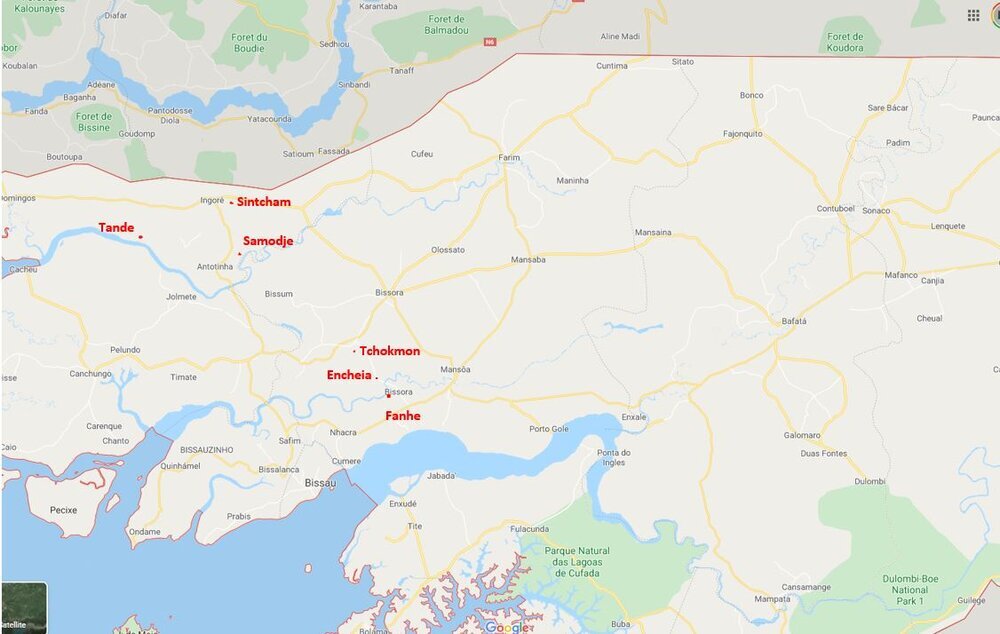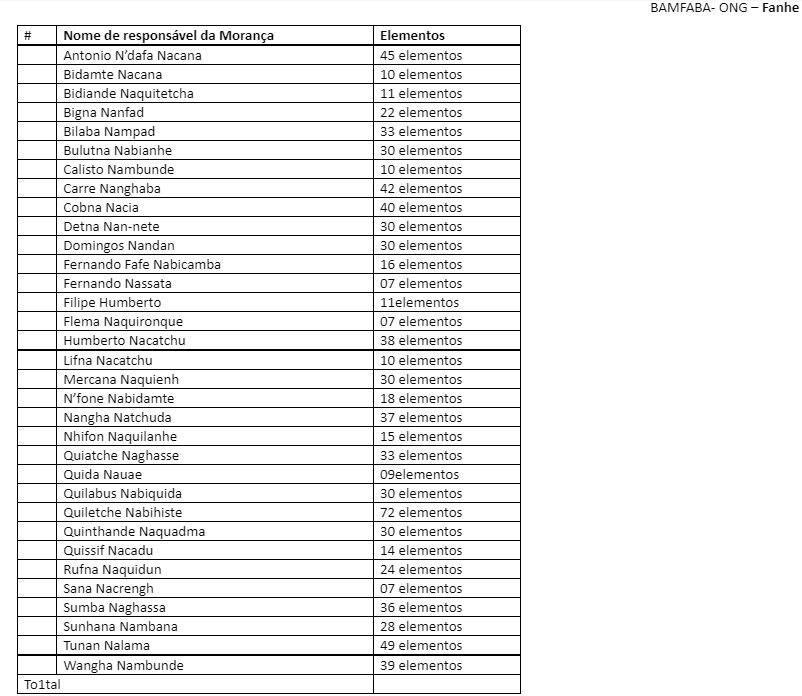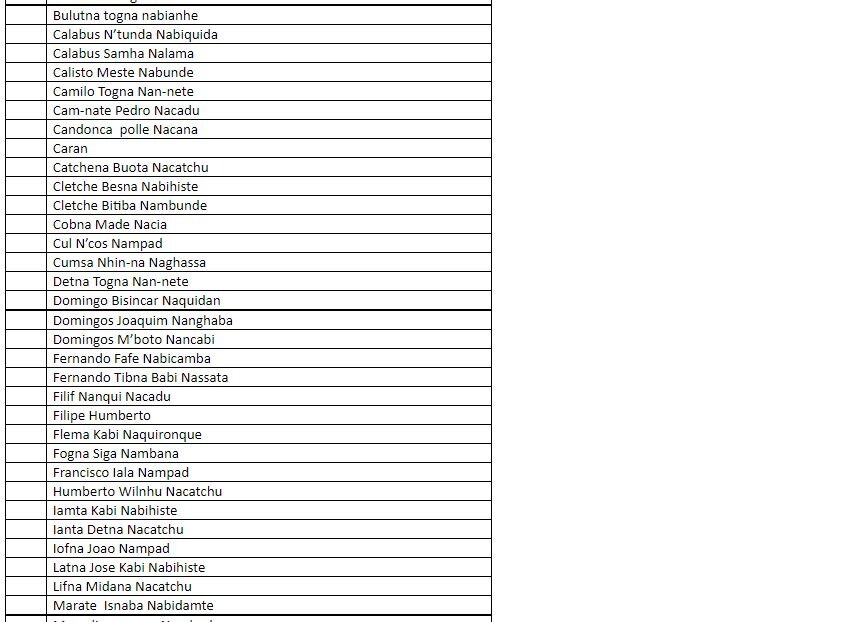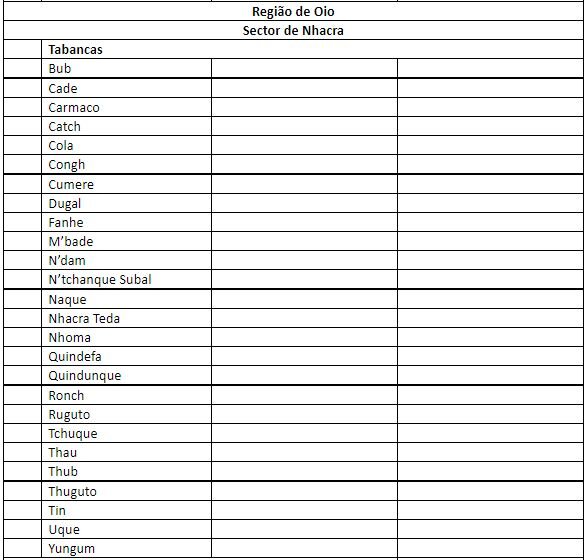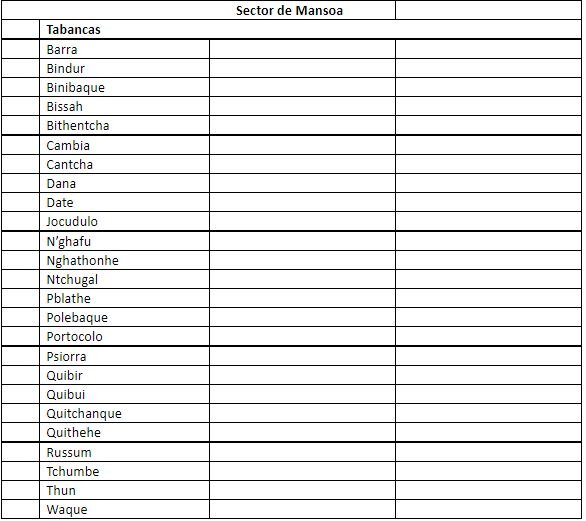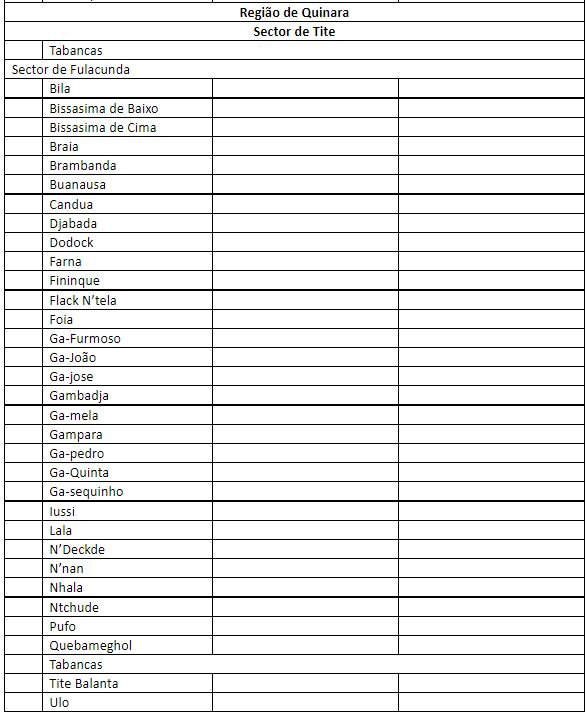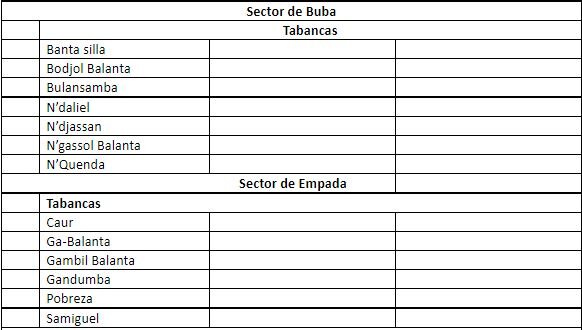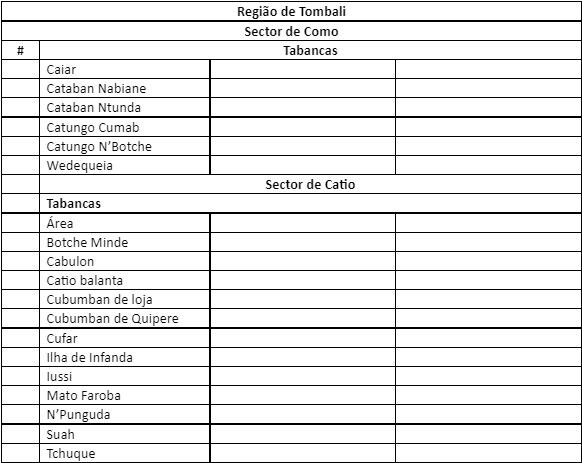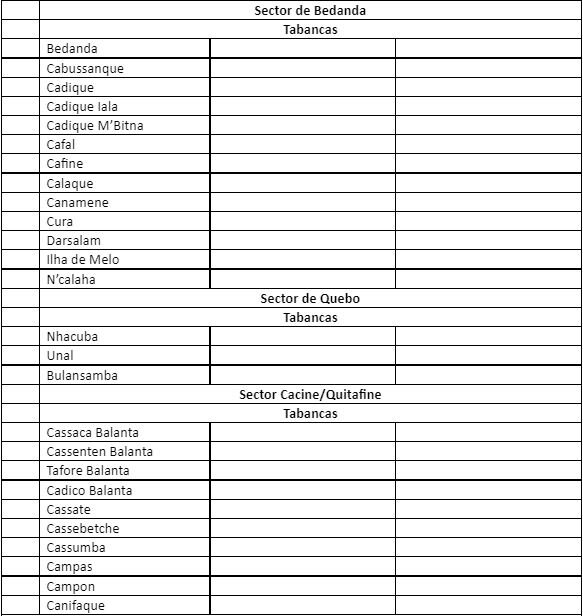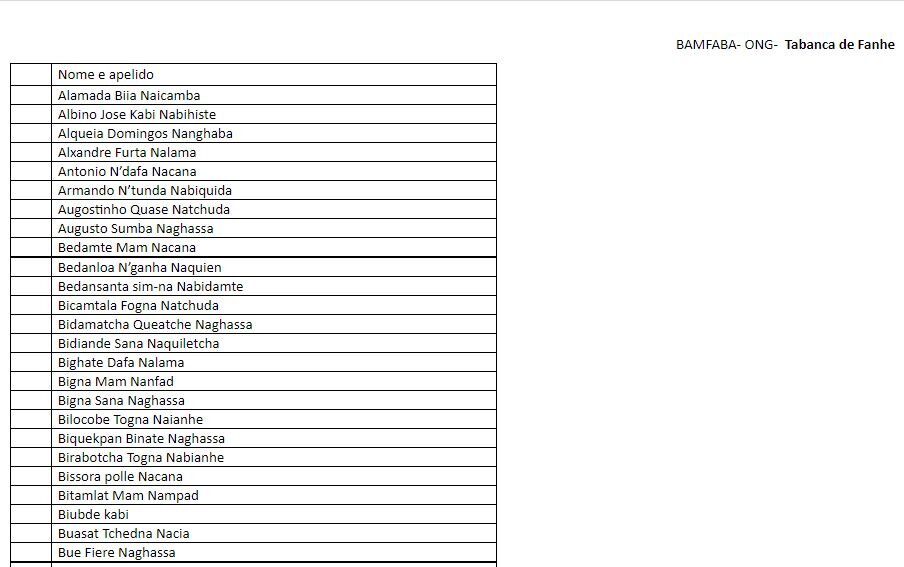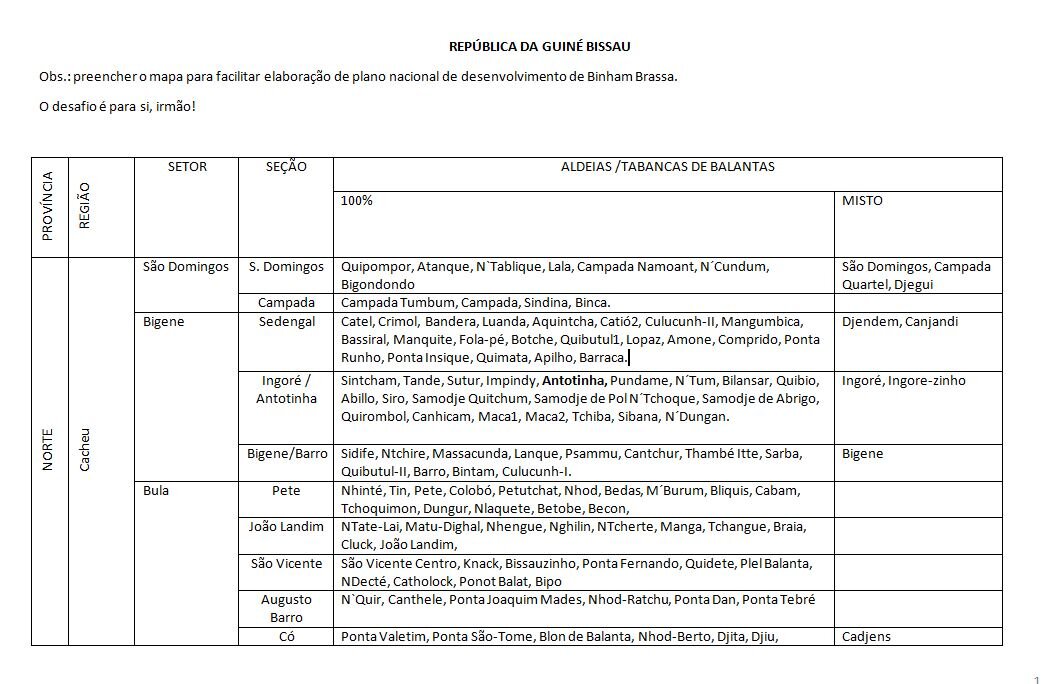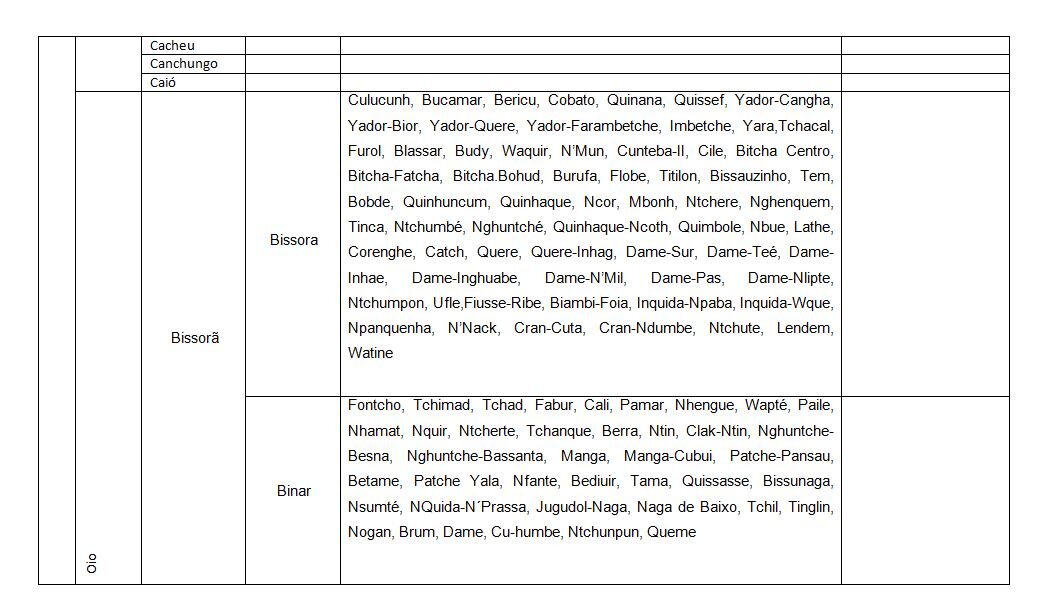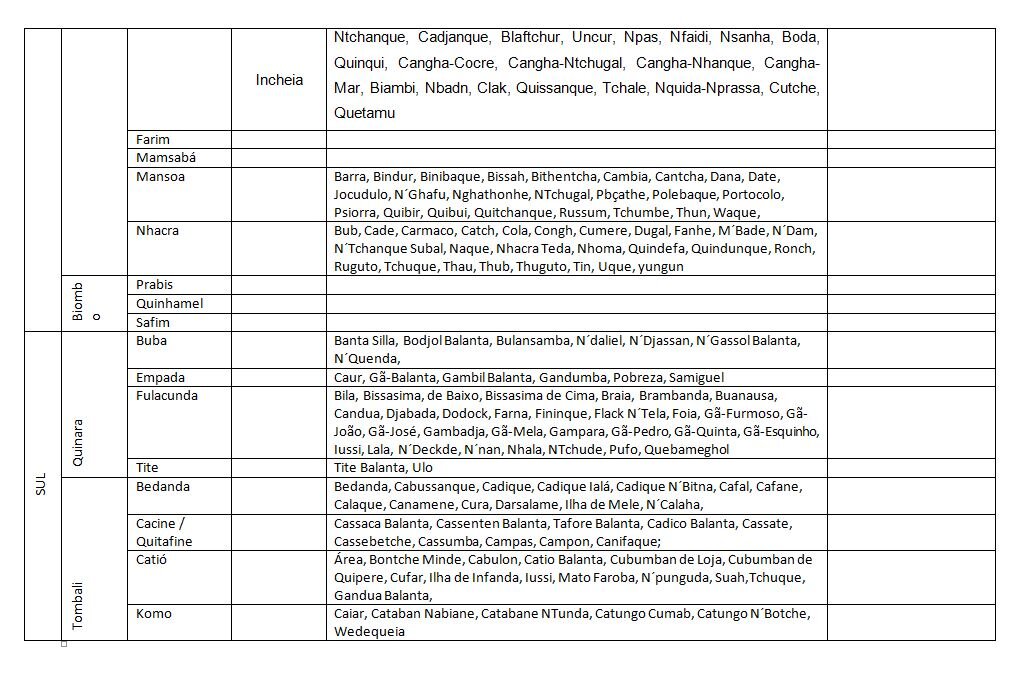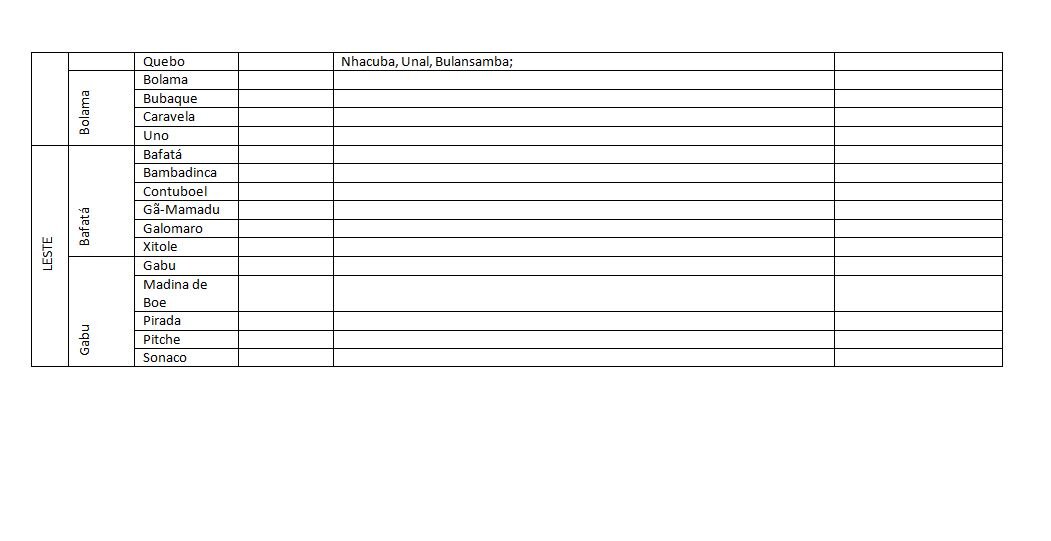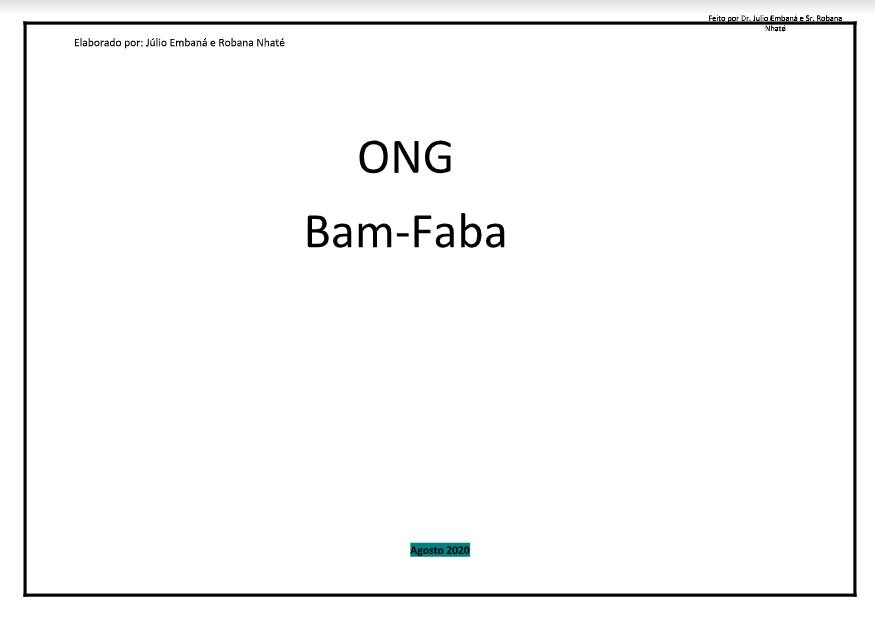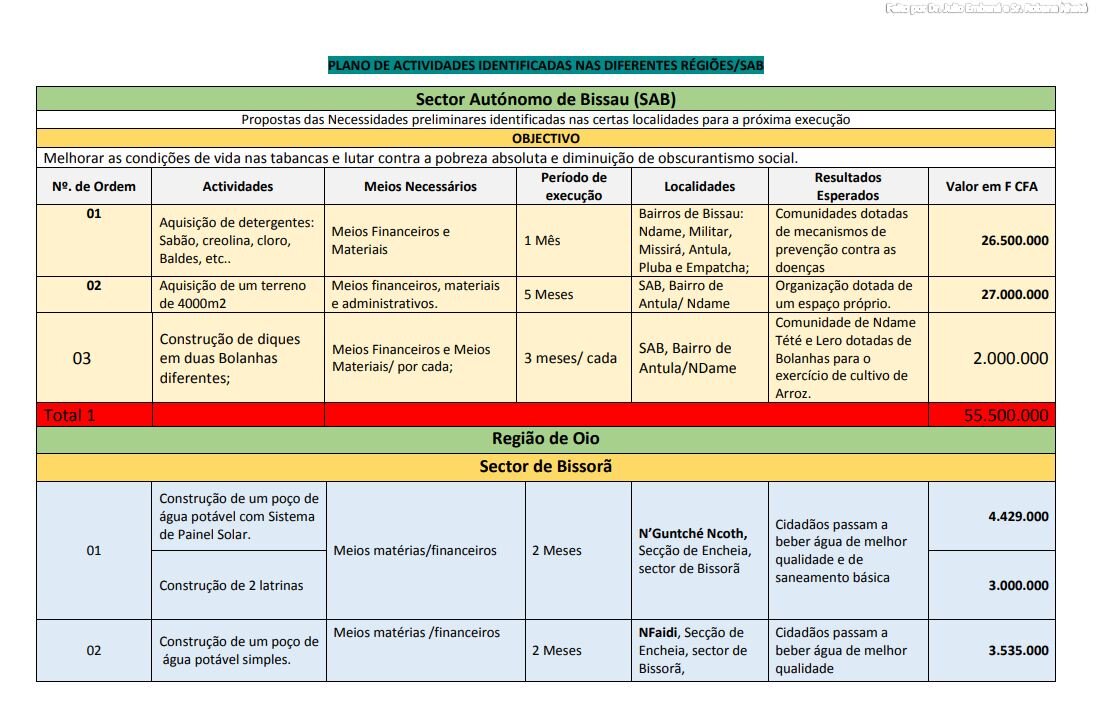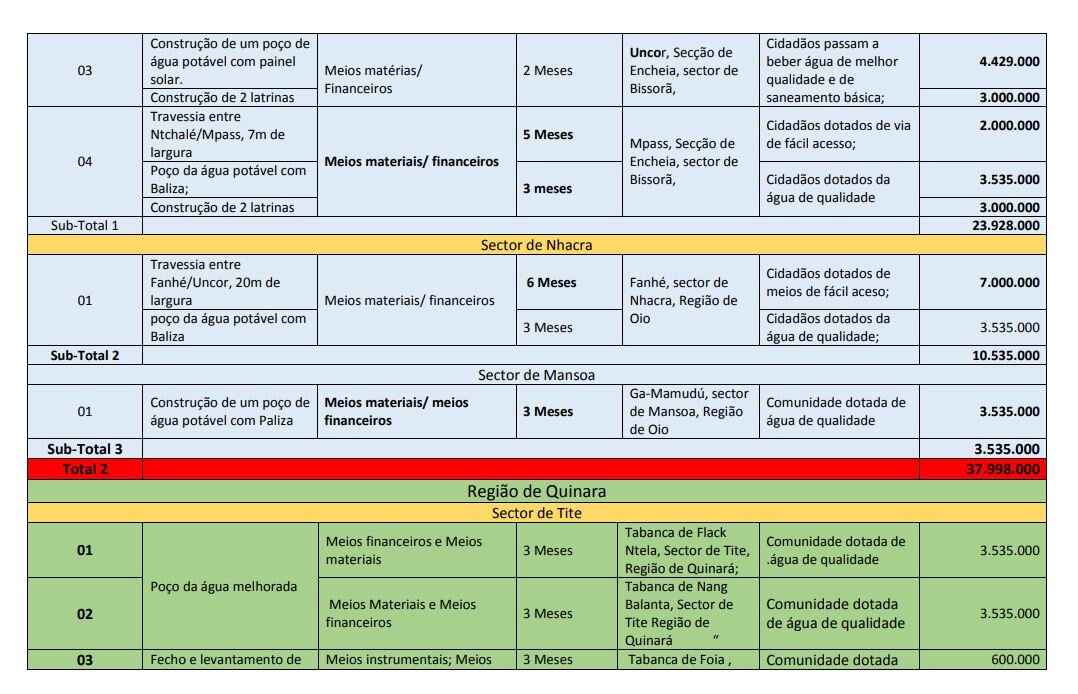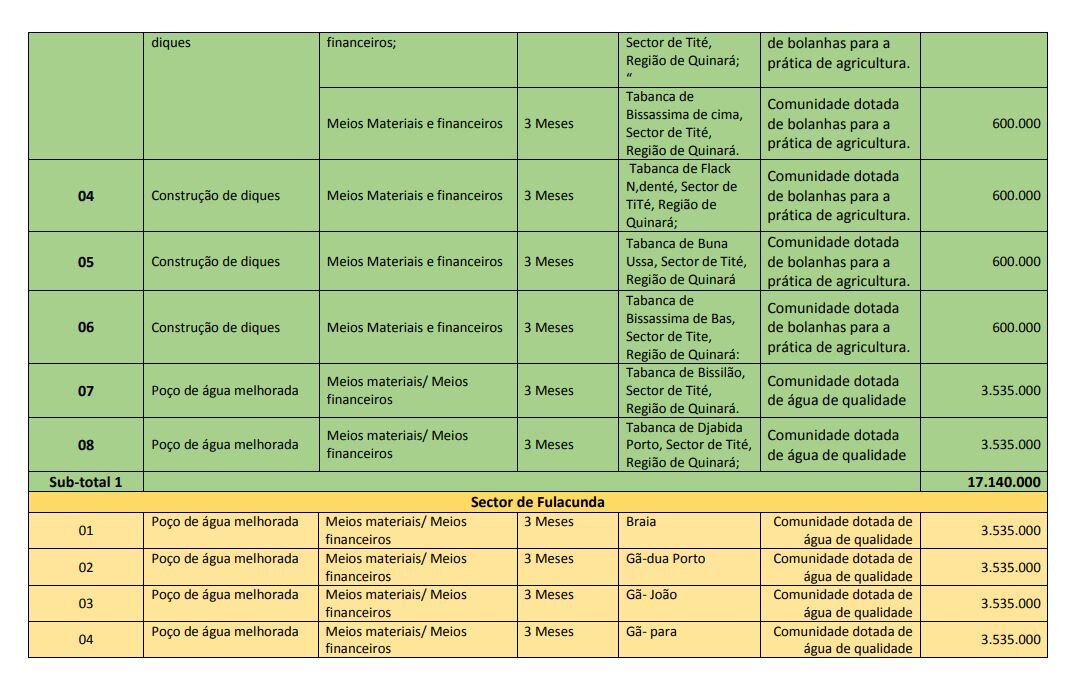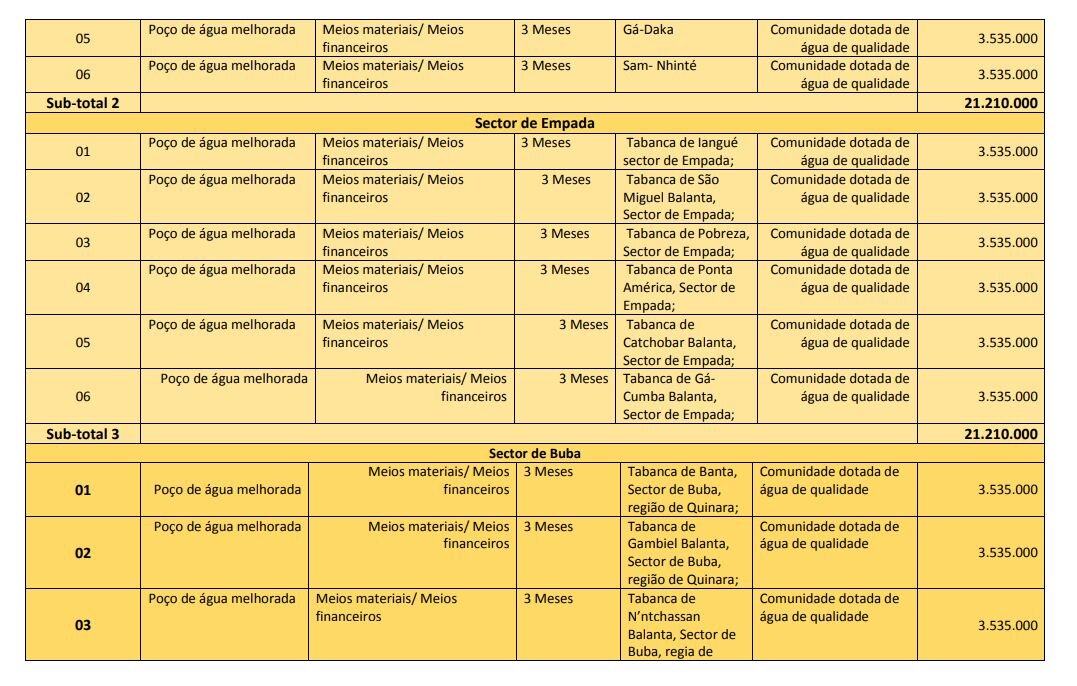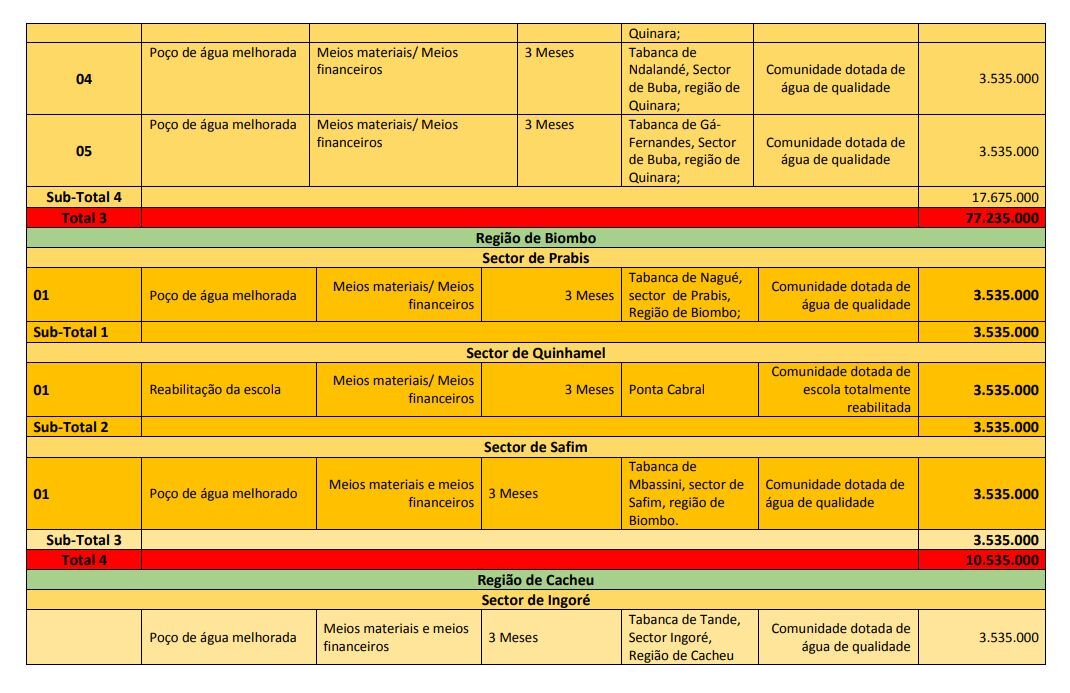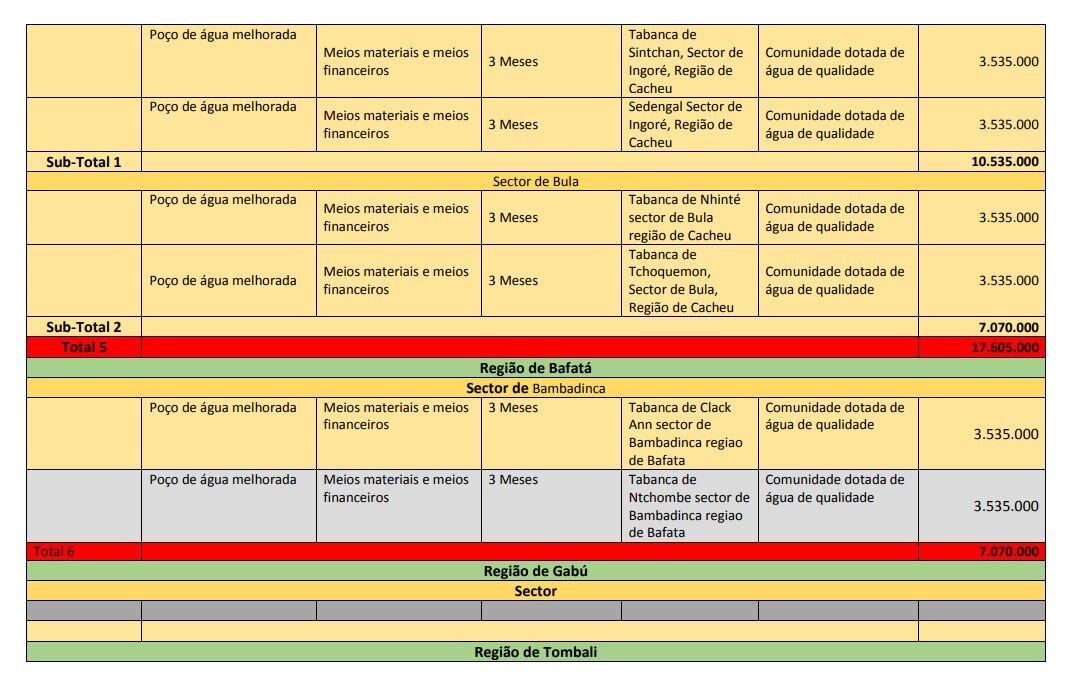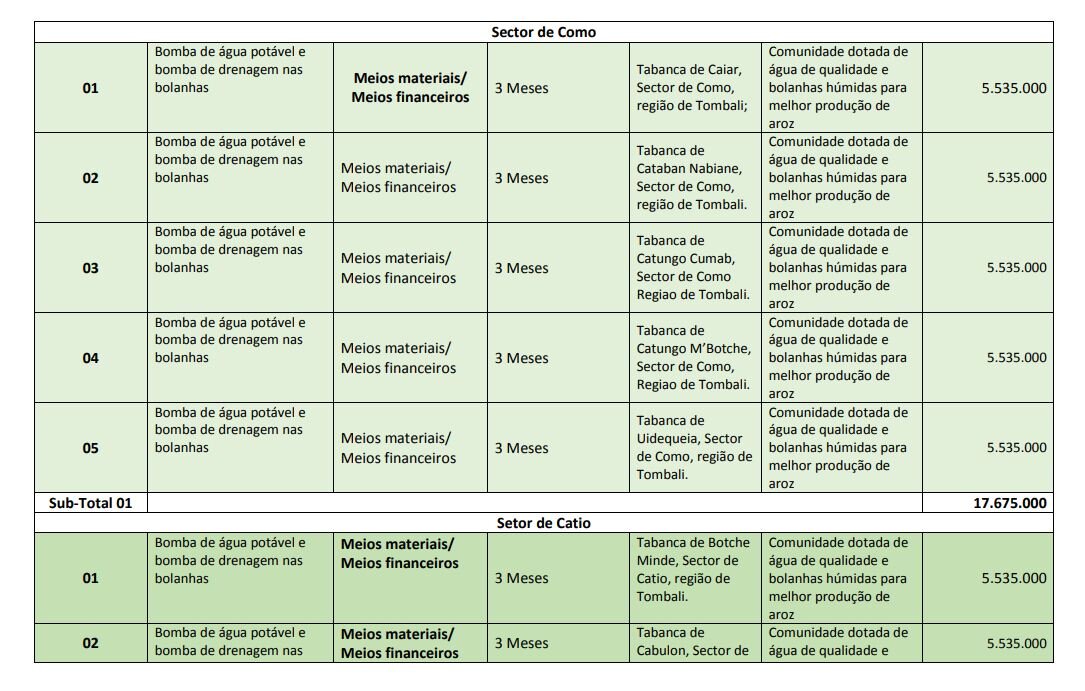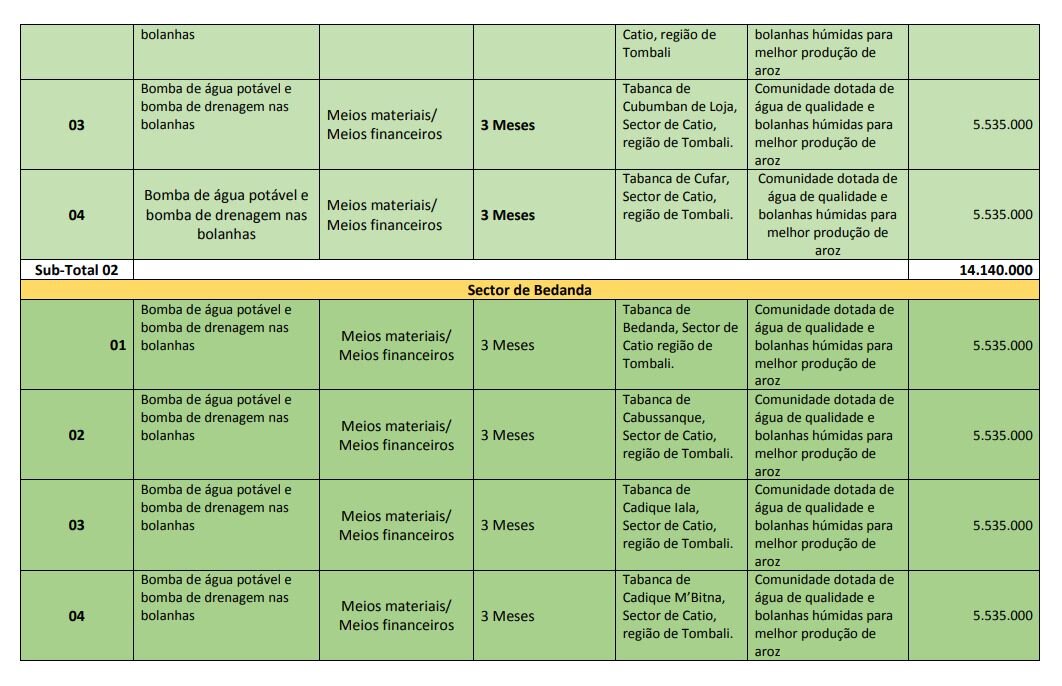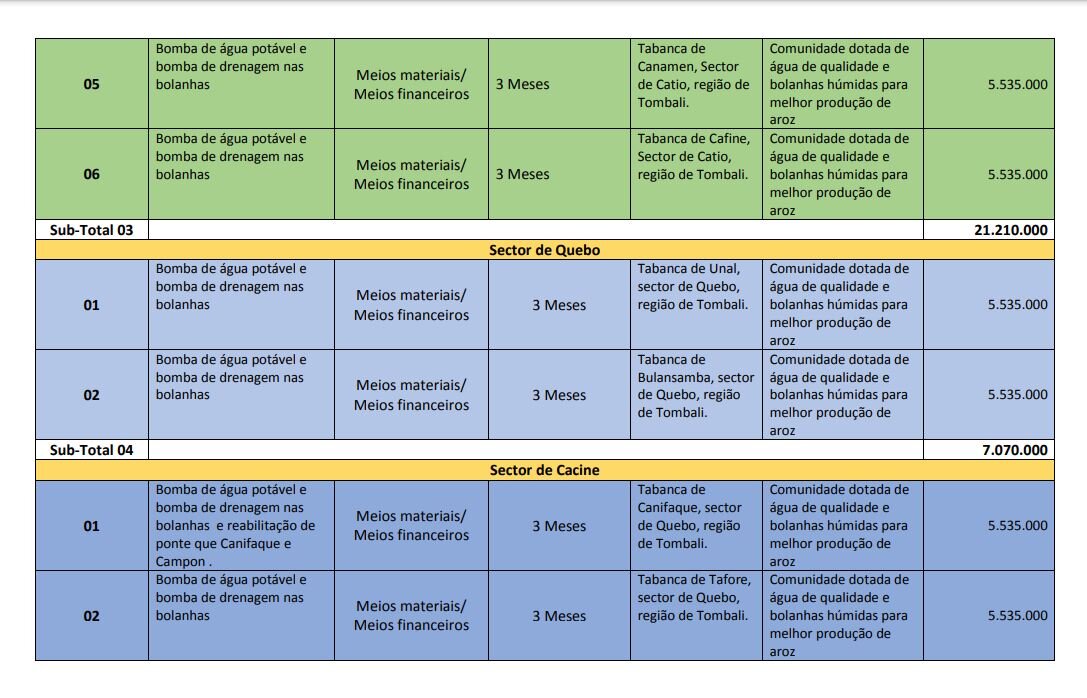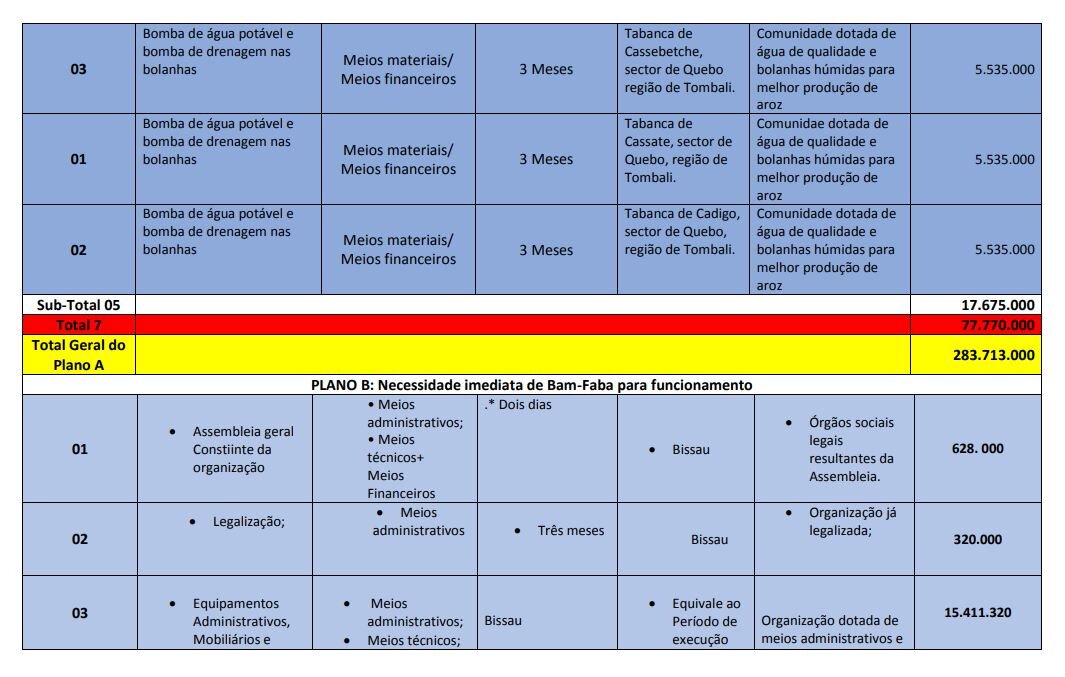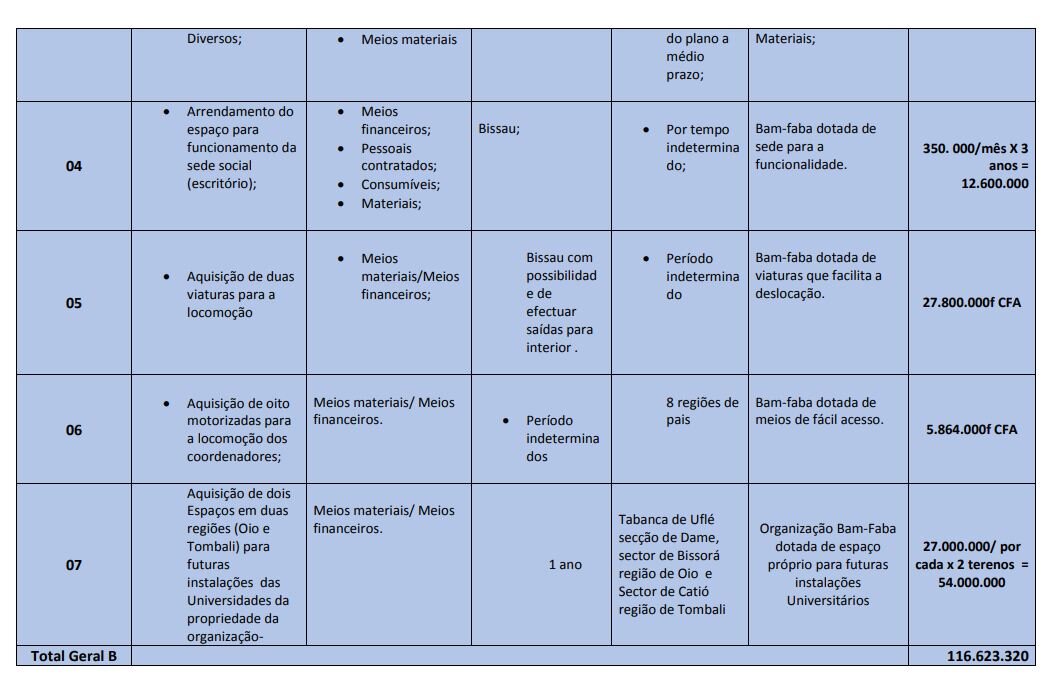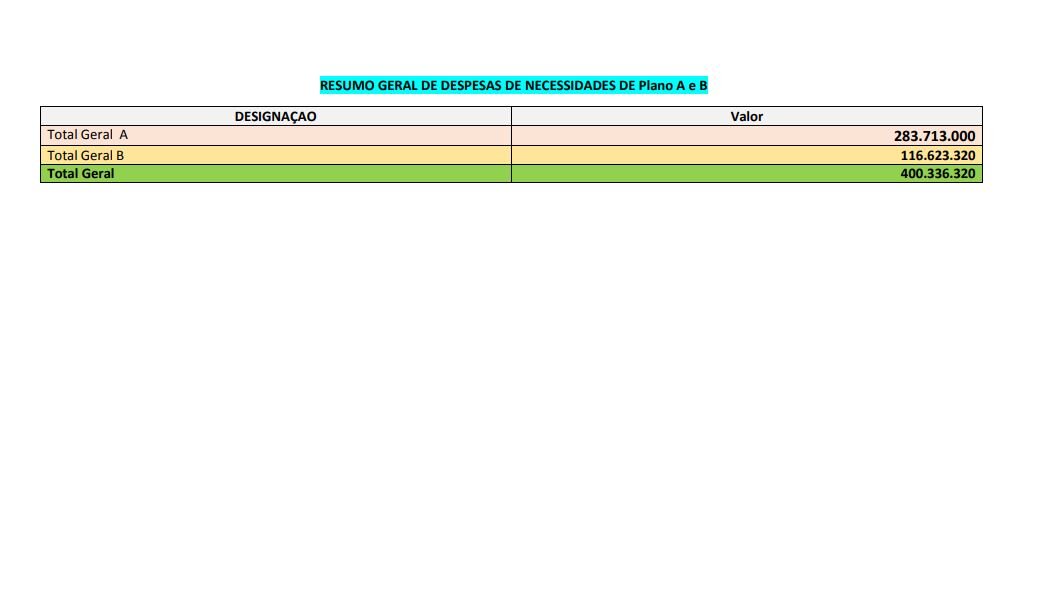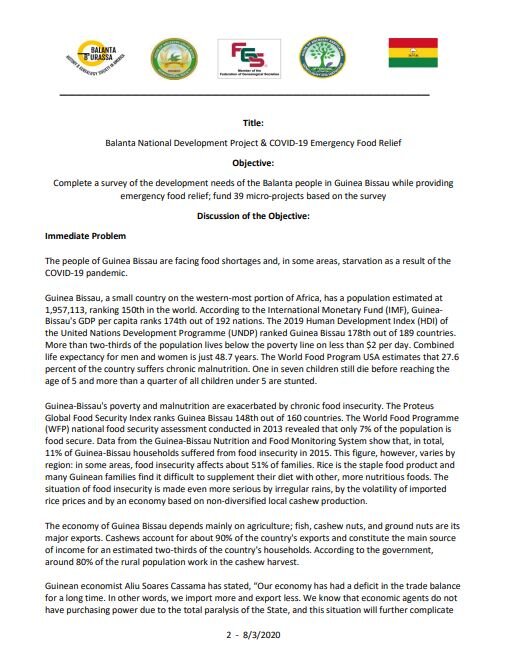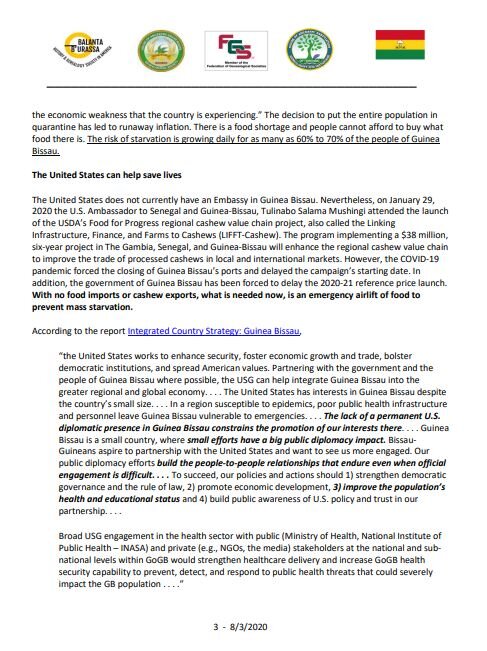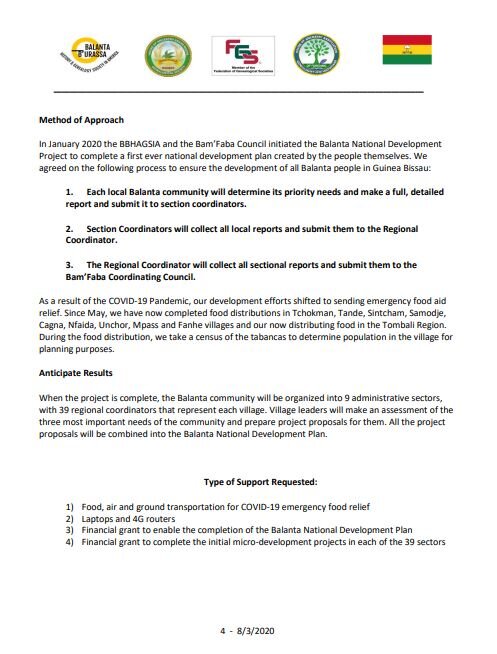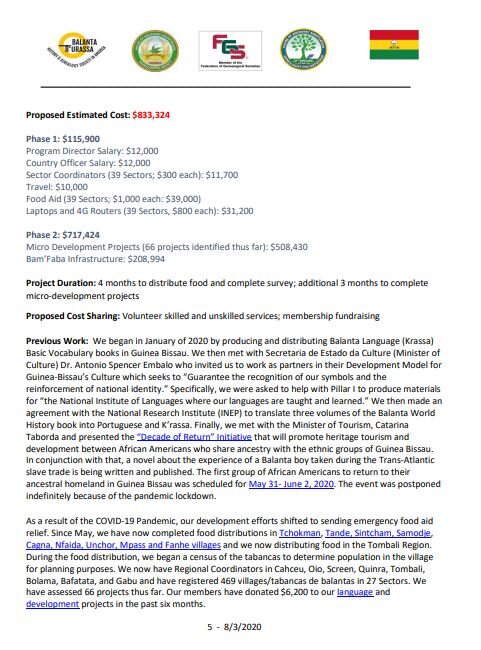Consulting a B'sika and Discovering Unche, My Ancestral Village in Guinea Bissau
A diviner or healer in Balanta society is called “sik”. They are very important because of the nature of Balanta society. According to Marina Temudo,
“The Balanta are the kind of society Edwin Ardener (1970) once described as “jealously egalitarian,” and witchcraft accusations are used against individuals who do not contribute to the general well-being. Like most people in Guinea-Bissau, the Balanta believe that some individuals can make contracts with spirits and thus become richer, or somehow “better” than their neighbors. On the human side, these contracts imply high prices, most of the time in the form of human lives. Therefore, when people are ill, or when someone dies, other people suspect that a contract had been made with a greedy spirit and that the illness or the death was the price imposed. Sometimes, of course, misfortune attacks on a large scale and many people die, giving rise to more widespread accusations of witchcraft. On these occasions, the Balanta rely on the institution of the fiery-yaab—translated either as “open world” or “wide world”—which is an anti-witchcraft cult ruled by clairvoyant women in the company of a male or female sik (healer-diviner). After a visit to the bush, where they meet the serpent spirit kuass, these women become able to “see” who the witches are. The accused are afterwards beaten violently until they confess their evil activities.”
Ever since I left the United States once and for all and returned to my ancestral homeland of Guinea Bisssau, my experience has been bittersweet. The sweetness is a natural product of reconnecting with your ancestral homeland. The bitterness comes from the cruel realities of neo-colonialsim, and specifically the incompetence, injustice and impunity of the African ruling elites. Unfortunately, I experienced this myself directly in my attempt to represent Guinea Bissau at the Tokyo Olympics. I haven’t publicly told the complet story of why I wasn’t allowed to compete, but the truth is that I suffered a bitter betrayal and great misfortune that did not make sense and for which I couldn’t explain. As I wrote in my Letter From A Tokyo Airport,
"After being invited by the Guinea-Bissau Minister of Sport to represent Guinea Bissau in the Tokyo Olympics, receiving Guinea-Bissau citizenship, and traveling to Tokyo, I was ready to fulfill this great honor and become the first Afrodescendant from the United States to represent their ancestral homeland in the Olympics as the oldest swimmer in Olympic history. Longer term, our plans include building out a competitive National Swim Team to field robust teams for Guinea-Bissau in future Olympiads.”
What I didn’t write was that the sabotage which prevented me from competing in Tokyo did not just come from outside Guinea Bissau through the International Swimming Federation (FINA), but strangely, from INSIDE Guinea Bissau. The betrayal cost me dearly. I had invested $53,000, and because I didn not compete in Tokyo and become the oldest Olympic swimmer in history, I lost contracts, endorsements and sponsorships in the hundreds of thousands of dollars. I returned from Tokyo hurt, broken, disillusioned and confused. Why had I suffered such misfortune? What was the nature of it?
I had planned to use any income after the Olympics to start my swimming program in Guinea Bissau. I was going to build a competition pool and provide free swim instruction. I was going to share my fortune with the people. But there were some who didn’t want me to do this and they were able to thwart my efforts. I needed to find out the true nature of this struggle and fight back. Now that I know myself as Balanta and am living in my Balanta homeland, I did what a Balanta would naturally do - I went to consult a b’sika.
“Balanta men identified three clear-cut categories of befera, a concept loosely translated as ‘witches’: the crocodile (lagarto, kr.), a category almost exclusively associated with the Balanta Kuntohe sub-group; the hyena (lubu, kr.), almost exclusively associated with the Balanta Nhacra sub-group; and the ‘simple witch’ (futesero simples, kr.). The contrast between the ‘crocodiles’ and ‘hyenas’ is illustrative of the interlinking of notions of witchcraft and those of descent. Both are said to be able to make individuals disappear, to ‘eat’ people, using the common predatory metaphor. Yet, they differ on the source of their victims. As Armando (a man in his late thirties) told us, the ‘crocodiles’ eat beautiful or famous people who do not belong to their own descent group. Once ‘eaten’, crocodiles are capable of reincarnating these people in the foetuses growing in the wombs of women of their own compound. They thus eat ‘out’ to increase the ‘wealth in people’ of their own groups. In sharp contrast to this, the ‘hyenas’ eat those in their own compound, without any possibility of reincarnation. They are masters of annihilation. The category known in Kriol as ‘simple witch’ refers to someone ‘with head’, that is, a person who is able to see the spirits and the witches, who ‘does not eat people’ but ‘controls the compound so that nothing [bad] can happen’ and who ‘does not allow hyenas to destroy the compound’.
According to interviewees, a person can also become a witch by making a contract (to get what he/she wants, such as to become wealthy or famous, to have gold, lots of children, rice or cows) with a greedy spirit that demands payment in human lives. Envy can also be dangerous because people can ‘make you djanfa’ (put the evil eye on you), which will ‘cut your luck’ and ‘you will never get the things you want’. If a witch makes djanfa, this will kill you too. Witches can also eat the ‘soul’ (flit, bl.: alma, kr.) of rice, or bring an illness or pests to destroy the harvest of an entire village. They can, furthermore, bring an epidemic into a village that will kill people, cattle, pigs and chickens, resulting in a series of misfortunes.
Diviners, either non-Muslim (sik, bl.; jambacoce, kr.) or Muslim (muru, kr.), can tell whether or not a particular misfortune is caused by witchcraft and can try to help to recover the soul of an ill person. However, diviners do not fight witches directly. Traditionally, some Balanta villages have an anti-witchcraft institution called fyere yabte, comprising married women and led by the ones who ‘have head to see the witches’ and ‘strength to keep the mirror’ (obtained through a contract with the river spirit, who is a serpent) with which to divine. As many of its members told us, this institution does not attack witches but takes the ‘tools with which witches work’.”
- Excerpt from, The Pen and the Plough: Balanta Young Men in Guinea-Bissau by Marina Temudo,Manuel Abrantes, First published: 05 May 2015
Had someone launched a witchraft attack against me? Was I the victime of djanfa, the evil eye? It was starting to feel like it. I needed, I wanted, my Balanta ancestors to step in and help me, protect me.
On Monday at about 5:00 pm, Mario and I left Bairo Militar and headed north to Antula in a taxi. At …. we changed from the taxi to motorbikes and headed out into what I would call a suburb. Finally we reached the end of a path, got off the motorbikes and walked to a house not far from a river. After sitting alongside other people in a very nice waiting room with a tiled floor, chairs, and glass sliding doors for about 15 minutes, we were invited to sit with the sik.
Mario and I entered a small room not much bigger than a large closet and sat on stools across from the b’sika who sat on a stool in front of a smaller closet behind him, in which there were some kind of animals in there. In front of him were several jars containing powders and plant parts. Of course, the b’sika didn’t speak English so I greeted him in Krassa and Mario said a few words of introduction. Then we got right down to business. The b’sika asked me what I wanted to know.
“There are two different things I want to know,” I said. “First, I am Balanta. I took a DNA test to discovery my ancestry. What can you tell me about my family?” The b’sika asked (Mario interpreted), “is your ancestry on your mother’s side or your father’s side?”
“My father’s side,” I replied. “My great, great, great, great, great grandfather was taken as a boy and brought to America”. And that was it for that part of the conversation. The b’sika then took a knife, which I thought he was going to use to slaughter whatever creature was in the closet behind him. But instead, he took the knife and turned it upside down with the handle end up and the blade pointing down and, using some red cloth, wrapped it and attached it to some other item in his hand - I couldn’t tell what it was - and this contraption started to communicate with him. Very quickly the b’sika said, “They are showing me Unche. Your family is from Unche.” And that was it. My question was answered. He said he couldn’t tell me exactly which tabanca (which family) in Unche to go and see, but he said I was definitely from Unche.
What else did I want to know, he asked. I then asked, “Since I came to Bissau in May, I have suffered great misfortune. What is the nature of it?” I didn’t explain any more than that and he started communicating with the knife contraption thingy again and what he said kind of pierced me.
“You have a lot of things from your past that have attached to you. You attempt to do great things, and right at the moment that you are near to achieve them, they get blocked.” Mario translated that the b’sika was explaining that the blockages are caused by people, not myself. I wondered, how did he know this? It is true - I had arrived in Tokyo yet I couldn’t compete in the Olympics through no fault or failure of my own. Before that, back in 2007 I had negotiated a repatriation program and got several governments to fly to Barbados for a Pan African Conference and pledged 1 milllion dollars each but I couldn’t get the Rastafari community which I was serving to fulfill its end of the bargin by completing a simple Repatriation Census. During that same period, I signed an agreement with the African Union to conduct an election process for the diaspora to elect its representatives to ECOSOCC for the AU 6th Region but it was the very same AU that renegged and pull the rug out from underneath my efforts and invalidated the results. Now, here I was again, trying to do something big that no one had ever done before, representing Guinea Bissau at the Olympics and launching the Decade of Return initiative, and the institutions that were supposed to help me were sabotaging my efforts. Without telling the b’sika my past history, he summed it up quite succinctly in just a matter of minutes. I was stunned, but not really. I expected him to know such things.
The b’sika then said that I needed to cleanse myself of these blockages that were clinging to me. He instructed me to return the next day and he would prepare my medicine baths. I agreed, paid him his fee, and Mario and I left.
We returned the next day. The b’sika escorted us out to the back were there were three large pots filled with water mixed with various plant parts. He explained very carefully that I was to undress and wash my entire body two times using the guord in each pot. A total of six baths. When I finished, he said to put my clothes back on and return to the house to see him. I did this, taking my time and allowing myself to be mindful of what I was doing. It felt good standing their naked, washing myself with this strange smelling water. It was at that moment that I just fully trusted the process, the same way other people trust devices they dont understand, and take pills, and medicine and treatments they dont know from “doctors” they dont know, simply believing that it will help.
When I finished bathing, I returned to the room with the b’sika. He put some powder into a plastic bag and demonstrated what I needed to do and explained it to Mario who explained to me what I am to do with the powder for the next several days.
The following day I had lunch with Natalie, who is writing her PhD dissertation on the experience of “returnees”. “I have become more Balanta,” I explained. ”For the first time, I had a serious problem in my life and I did what my Balanta ancestors would have done to solve it. Regardless of the outcome, I am one more step removed from the Western world’s mental and spiritual slavery. This is the deeper purpose of returning to my ancestral homeland.”



